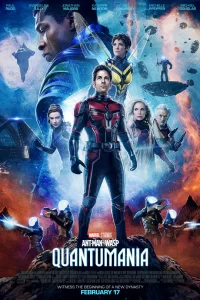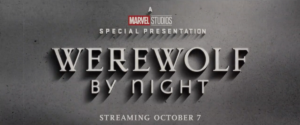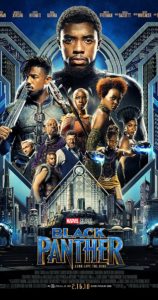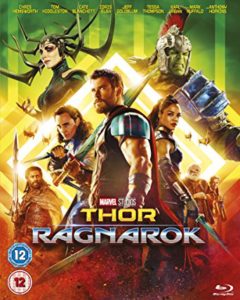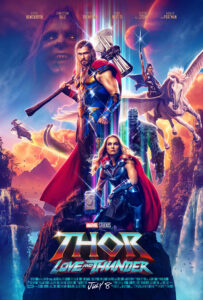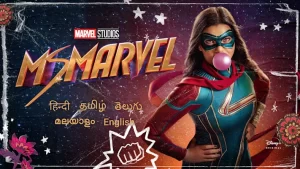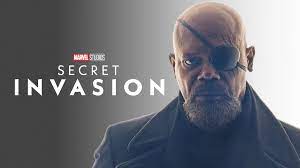 .
.
Thirty years after the events of Captain Marvel Nick Fury and Carol Danvers, now aware that the
shapeshifting Skrulls had been the oppressed and not the oppressors and had promised to find
the aliens a world to be their new home, it is revealed that the search for a home has failed and some Skrulls are intent on removing humanity from the Earth and taking it as their own. Secret Invasionfollows Nick Fury as he attempts to save the Earth and humanity from the rebel Skrulls and their genocidal plot.
While Secret Invasion did not actively repulse me as did some non-MCU series such as The Rigand Silo, it failed to engage or enthrall my attention and failed as an example of its subgenre the MCU rendition of a spy story.
Spy fiction exists along a spectrum with Ian Fleming’s super-spy James Bond, filled with gadgets, glamor, and megalomaniacal villains at one end and John le Carré’s George Smiley’s world of disloyalty, moral compromises, and cynicism at the other. Secret Invasion however seems to exist outside of the spectrum, playing closer to the superhero nature of its universe and ignoring the spy element of its central protagonist, Nick Fury. The series is neither the clear good vs evil romp that many Bond plots are nor does it delve beyond the surface concerning the moral costs and corruption of intelligence work. Without either element the series floats from set piece to set piece, each other its own escalating stakes but missing the essential tones that creates genre. This is not a failing due to due to the story being placed within the MCU, WandaVision embraced, exploited, and satirized the American sitcom genre while still exploring grief, destiny, and superpowers. Captain American: The Winter Soldier, while remaining an extension of Steve Rodgers’s MCU journey, captured the paranoia and feel of a 70s political thriller. Secret Invasion’s failure at genre leaves it lackluster and pointless, serving only to setup other franchise entries and having no essential reason for its own existence.
In addition to its failing as a spy genre Secret Invasion also presented plot inconsistencies that undermine the show’s suspension of disbelief. For 30 years Captain Marvel and Fury has searched for a new home for the Skrull population and failed to find a single planet for them. Really? In a universe as teaming with life among the star, see all the aliens represented in Guardians of the Galaxyfranchise, which also posits that there are abandoned habitable worlds, the failure to discover a place for the Skrulls becomes a leap of logic too great for a setting that includes magic and talking trees.
For a story about shapeshifting aliens and a secret world-wide threat, Secret Invasion does so little with this element that it is utterly lacking in paranoia. The story doesn’t utilize the concept that everyone is suspect because anyone might be the worst person to interact with. Bond usually had the ‘bad Bond girl,’ le Carré is rife with ‘who can you trust?’ issues but Secret Invasion rarely employs such a rich plot point and when it does it lacks any real weight.
Secret Invasion is not bad, but neither it is good. Of the newest television series, I have added to my recent watching it is the least interesting. I do not regret the time I spent with the series, but I shall not be looking to experience it again as I did with Loki or WandaVision.
A gentle reminder that I have my own SF novel available from any bookseller. Vulcan’s Forge is about the final human colony, one that attempt to live by the social standard of 1950s America 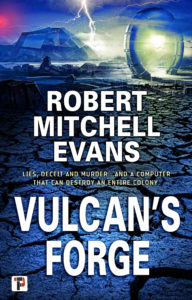 and the sole surviving outpost following Earth’s destruction. Jason Kessler doesn’t fit into the repressive 50s social constraints, and he desire for a more libertine lifestyle leads him into conspiracies and crime.
and the sole surviving outpost following Earth’s destruction. Jason Kessler doesn’t fit into the repressive 50s social constraints, and he desire for a more libertine lifestyle leads him into conspiracies and crime.

 .
.
